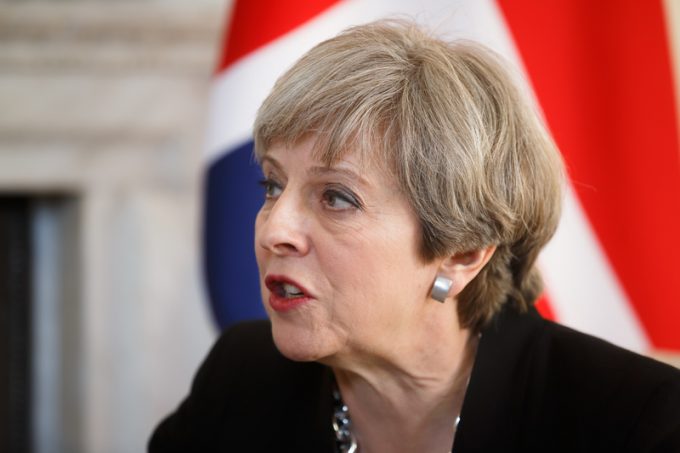Surprise meets Virgin Atlantic Cargo's 'bizarre' daily cargo flight to Brussels
Today’s decision by Virgin Atlantic Cargo to put on daily widebody cargo–only flights between London ...

Members of the UK logistics industry have commended prime minister Theresa May for making the “right noises” during a Brexit speech, but warned government must follow through on its promises.
In Florence on Friday, Mrs May not only called for a transitional period following the UK’s 2019 exit, but said EU nationals would be eligible for permanent residence.
Managing director of Europa Worldwide Andrew Baxter told The Loadstar he thought the speech was both “very balanced” and “sensible”.
He said: “I welcome the transitional ...
New senior management for DSV as it readies for DB Schenker takeover
Volumes set to 'fall off a cliff' as US firms hit the brakes on sourcing and bookings
Amazon pushes into LTL for small package fulfilment and UPS does a u-turn
Asian exporters scramble for ships and boxes to beat 90-day tariff pause
Temporary tariff relief brings on early transpacific peak season
'Tariff madness' will prompt renegotiation of ocean shipping contracts
Forwarders 'allowing the fox into the chicken run' by supporting 'hungry' carriers
Hongkong Post suspends services to 'unreasonable' and 'bullying' US

Comment on this article